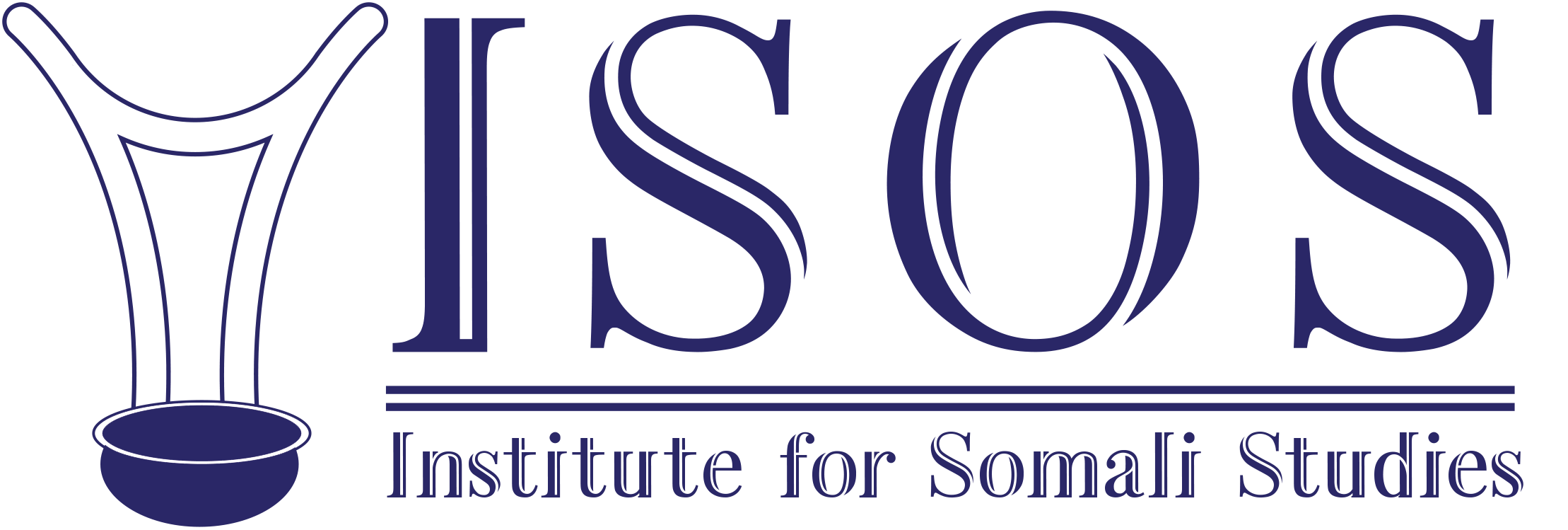Abstract
In the 2012 London Conference on Somalia, the international community proposed a plan for Somaliland and Somalia to hold talks in order to clarify their future relations and thus promised to provide a negotiation platform. Since then, the Government of Somaliland and the Federal Government of Somalia held six round talks in London, Dubai, Ankara, Istanbul (twice) and Djibouti. However, the seventh round (Istanbul III) failed in January 2015 and then, the collapse of the entire dialogue process followed. This article examines the dialogue process and probes the factors that led to the collapse of the process, as well as proposals for future successful talks and how to decide the future relations between the two sides.
Keywords:
Somaliland, Somalia, negotiations, secession talks, peace talks,
Mogadishu University,
ISOS,

